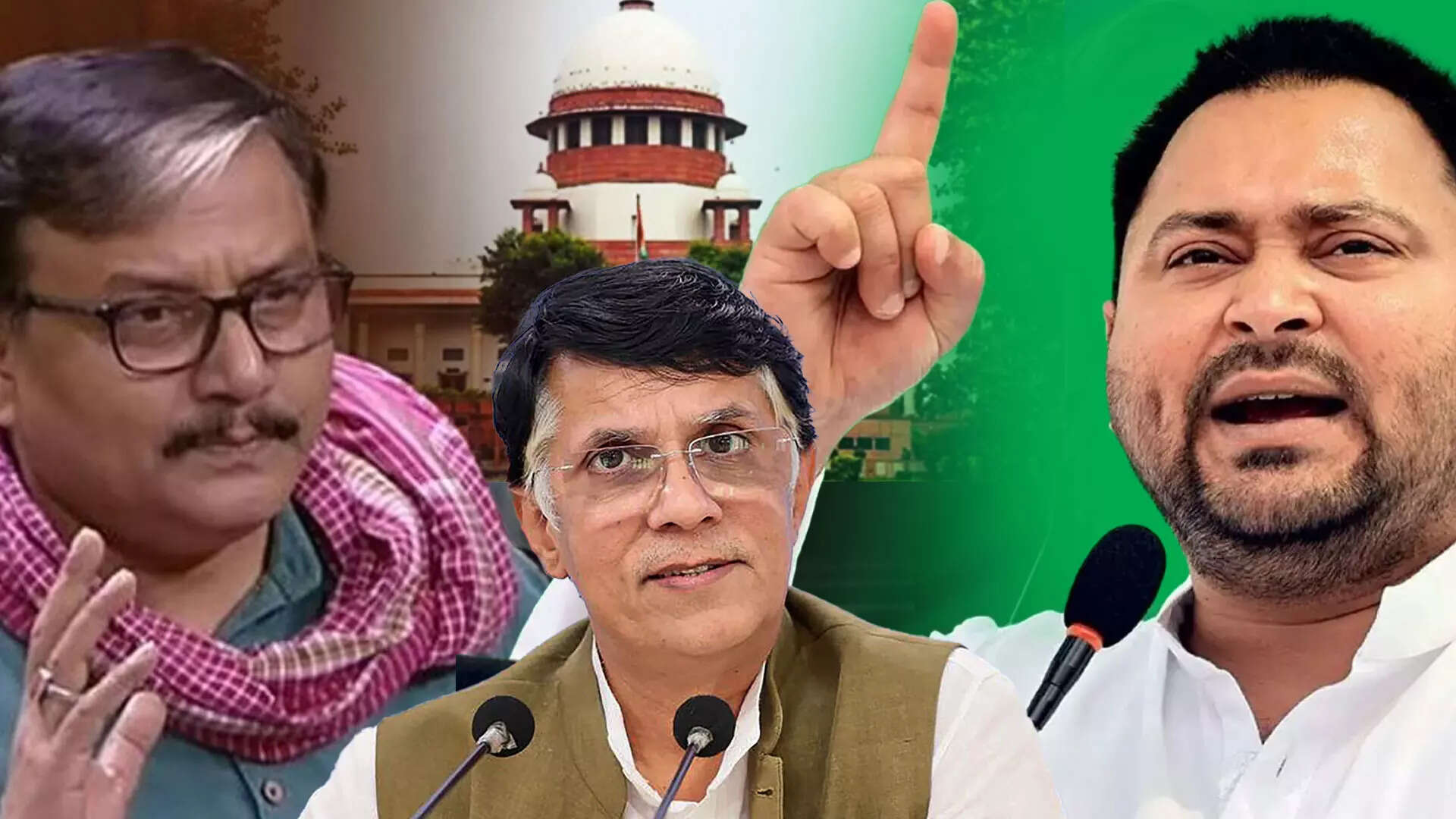Top Stories
Supreme Court Orders Bihar to Display 6.5 Million Omitted Voters

The Supreme Court of India has issued an interim order requiring the Election Commission (EC) to display the names of approximately 6.5 million omitted voters in Bihar. This decision has been praised by opposition leaders who view it as a significant step towards enhancing transparency and safeguarding democratic processes in the state.
In a ruling announced on March 15, 2024, the court directed the EC to make the voter list accessible at the booth level. This move aims to ensure that all eligible voters can verify their registration status and participate in upcoming elections. Additionally, the Supreme Court has instructed the EC to accept Aadhaar for voter verification, a step that may streamline the identification process.
Opposition Leaders Respond
Prominent opposition figures have expressed their support for the ruling. Manoj Jha, a member of the Rajya Sabha and spokesperson for the Rashtriya Janata Dal, emphasized the importance of the court’s decision in promoting electoral integrity. He stated, “This order is a victory for the people of Bihar and reinforces the essential principles of democracy.”
Tejashwi Yadav, the leader of the Rashtriya Janata Dal, echoed similar sentiments, noting that the omission of such a large number of voters posed a threat to the democratic process. He asserted that the court’s involvement was crucial in holding the Election Commission accountable.
Other opposition leaders, including Pawan Khera and Jairam Ramesh, also hailed the judgment as a necessary corrective measure. They highlighted the need for greater transparency in the electoral process to ensure that every eligible voter has the opportunity to participate.
Implications for Bihar’s Electoral Process
The Supreme Court’s ruling comes at a critical time as Bihar prepares for its upcoming elections. The decision to display the names of the omitted voters is particularly significant given the state’s diverse and often underserved electorate. Many voters had previously reported difficulties in verifying their registration status, leading to concerns about disenfranchisement.
By mandating the display of the voter list at the booth level, the court aims to empower citizens with the information they need to safeguard their voting rights. The acceptance of Aadhaar for verification is expected to simplify the process, allowing for quicker and more efficient identification of voters.
This ruling not only highlights the judiciary’s role in upholding democratic values but also places pressure on the Election Commission to enhance its operational transparency and responsiveness. It signals a pivotal moment for electoral reform in Bihar, as stakeholders await the implementation of these directives.
As the political landscape evolves, the impact of this Supreme Court order will likely resonate beyond Bihar, potentially influencing electoral practices in other states as well. The emphasis on transparency and accountability is a call to action for all electoral bodies to ensure that democracy remains robust and accessible to every citizen.
-

 World5 months ago
World5 months agoSBI Announces QIP Floor Price at ₹811.05 Per Share
-

 Lifestyle5 months ago
Lifestyle5 months agoCept Unveils ₹3.1 Crore Urban Mobility Plan for Sustainable Growth
-

 Science4 months ago
Science4 months agoNew Blood Group Discovered in South Indian Woman at Rotary Centre
-

 World5 months ago
World5 months agoTorrential Rains Cause Flash Flooding in New York and New Jersey
-

 Top Stories5 months ago
Top Stories5 months agoKonkani Cultural Organisation to Host Pearl Jubilee in Abu Dhabi
-

 Sports4 months ago
Sports4 months agoBroad Advocates for Bowling Change Ahead of Final Test Against India
-

 Science5 months ago
Science5 months agoNothing Headphone 1 Review: A Bold Contender in Audio Design
-

 Top Stories5 months ago
Top Stories5 months agoAir India Crash Investigation Highlights Boeing Fuel Switch Concerns
-

 Business5 months ago
Business5 months agoIndian Stock Market Rebounds: Sensex and Nifty Rise After Four-Day Decline
-

 Sports4 months ago
Sports4 months agoCristian Totti Retires at 19: Pressure of Fame Takes Toll
-

 Politics5 months ago
Politics5 months agoAbandoned Doberman Finds New Home After Journey to Prague
-

 Top Stories5 months ago
Top Stories5 months agoPatna Bank Manager Abhishek Varun Found Dead in Well









